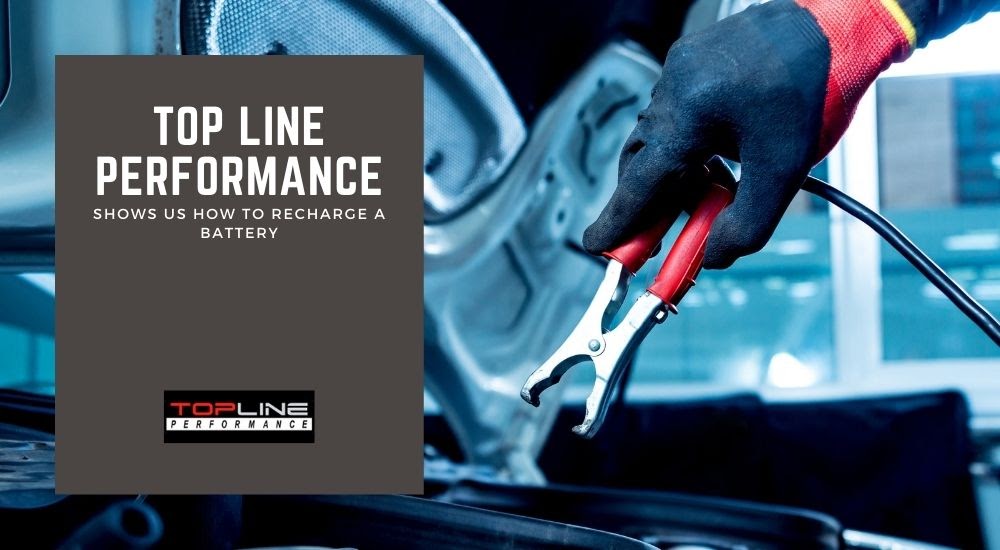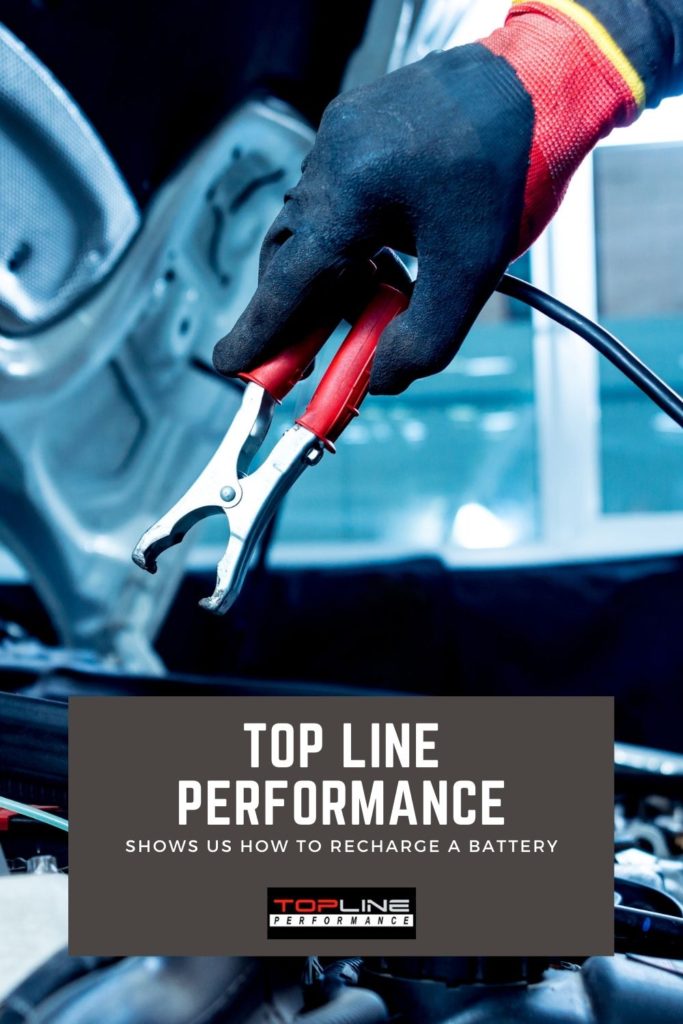Top Line Performance, an auto repair shop in Huntington Beach, California, emphasizes that recharging a dead car battery is far trickier—and potentially hazardous—than juicing up your smartphone. Unlike charging a phone, you don't want to risk getting electrocuted or accidentally coming into contact with corrosive battery acid. Additionally, you’ll want to avoid wasting your time by not charging the battery long enough. So, it's crucial to read through this guide to learn the proper way to charge your car battery and ensure it gets fully recharged.   Before diving into the process of recharging your car battery, it’s important to understand its key functions. A car battery serves two primary purposes:   The battery delivers voltage to the starter by converting chemical energy into electrical energy, giving your car the initial boost it needs to start.   Once the engine is running, the battery continues to supply steady voltage to support critical systems like the car's lights, radio, and onboard computers. Without sufficient power, these systems won’t function properly.  If your battery is weak or old, it won’t be able to perform either task effectively. Signs like a sluggish engine or complete failure to start usually indicate that your battery needs attention. In some cases, leaving a light on overnight might drain your battery entirely. A healthy battery, though, should recharge fairly quickly. If your battery consistently requires multiple charges or fails to hold a charge, it may be nearing the end of its life and replacement might be necessary.  Now that you know what your car battery does, let’s walk through the steps to safely recharge it.  Every vehicle is different, and manufacturers often provide specific instructions for their models. Always refer to your manual for guidance tailored to your car.  Always prioritize safety when handling car batteries. Wear protective gloves and eyewear, and work in a well-ventilated area free from flames, sparks, or smoke. Remove any jewelry, as metal objects can pose a serious risk of electric shock.  If you notice a sulfuric smell, similar to rotten eggs, it could mean your battery is leaking harmful gases. In such cases, stay clear of the vehicle, have it towed, and consult a professional mechanic at Top Line Performance in Huntington Beach.  If the battery feels unusually hot, it’s likely overworking itself. Allow it to cool down by keeping the hood open before attempting to charge it.  Corrosion around the battery terminals often appears as a greenish crust. This buildup can interfere with charging efficiency. Clean it gently using a mixture of water and baking soda, applied with a brush, until the surface is smooth.  With your battery prepped, you’re now ready to charge it. If you have access to a portable battery charger, follow these steps:  Start by ensuring both the charger and your vehicle are turned off. Then, connect the positive (red) clamp to the positive terminal of your battery. Next, attach the negative (black) clamp to a grounded part of the vehicle’s chassis instead of directly to the negative terminal to reduce the risk of sparking and explosion.  Adjust the charger settings according to the instructions provided. Lower amperage settings prolong the charging time but often result in a more thorough charge. Higher settings speed up the process but may reduce overall reliability. Always refer to the manual to ensure proper adjustment.  Plug the charger into a power source if required, or switch it on if it’s self-powered. Some chargers will automatically shut off once the battery reaches full charge, while others operate on a timer. Pay close attention to avoid overcharging.  Once the battery is charged, turn off the charger and unplug it from the power source. Remove the clamps in reverse order—negative first, then positive—to prevent accidental sparks. If your battery still doesn’t hold a charge, it’s best to have it inspected by a professional. It may be time for a replacement.   Aluminum Paste For Aerated Concrete Aluminum powder for AAC,Aluminum powder for concrete block,AAC use aluminum powder,Aluminum powder for ALC Panel Jiangsu Jiali New Material Technology Co., Ltd. , https://www.jlmaterial.com
Understanding What Your Car Battery Does
Purpose 1: Starting Power
Purpose 2: Continuous Operation
Pre-Charge Preparation
Read Your Owner’s Manual
Safety First
Check For Leaks Or Damage
Inspect For Heat Build-Up
Deal With Corrosion
Charging With A Portable Battery Charger
Step 1: Attach The Clamps
Step 2: Set The Charger
Step 3: Turn It On
Step 4: Disconnect Safely
